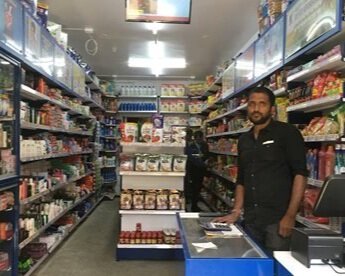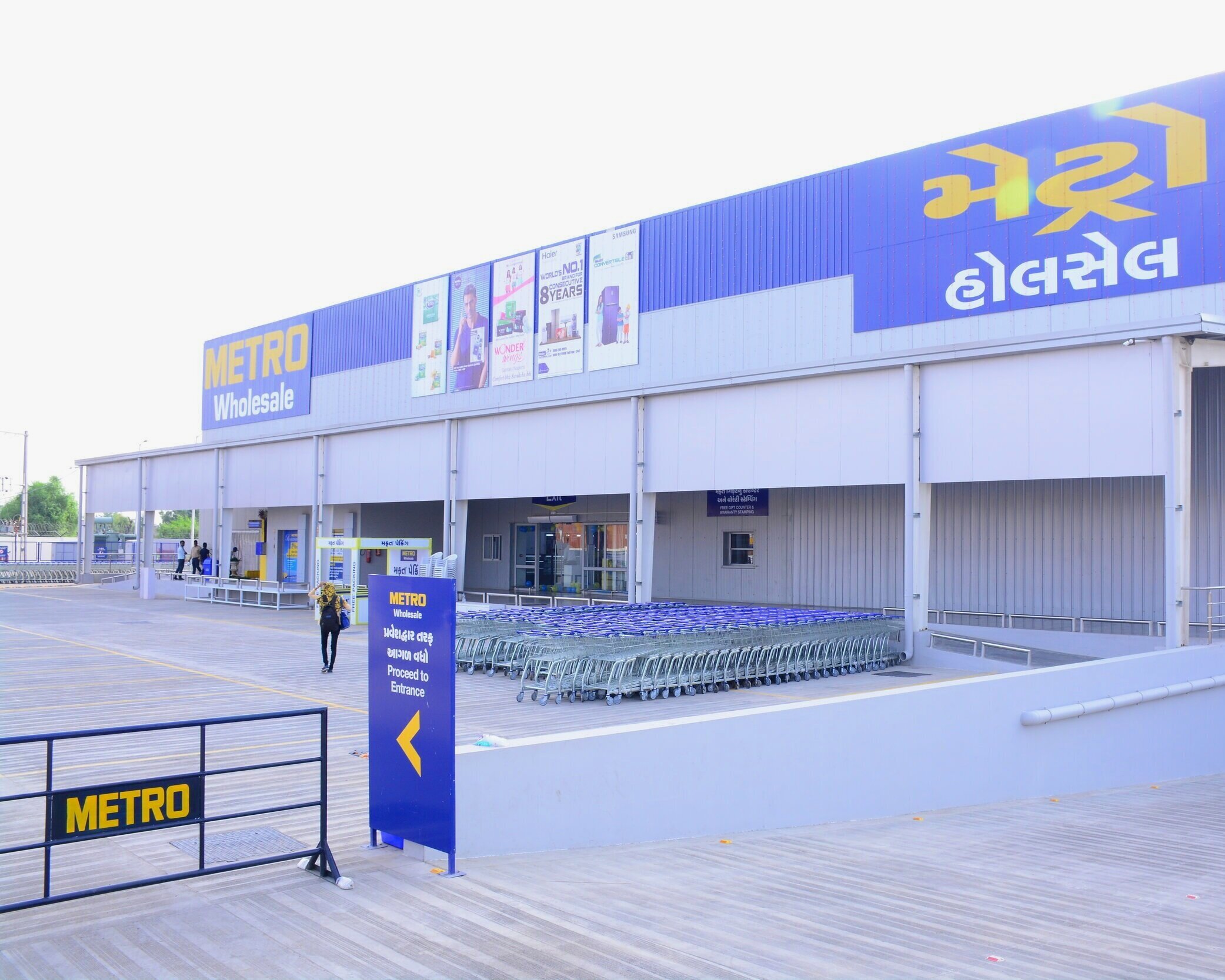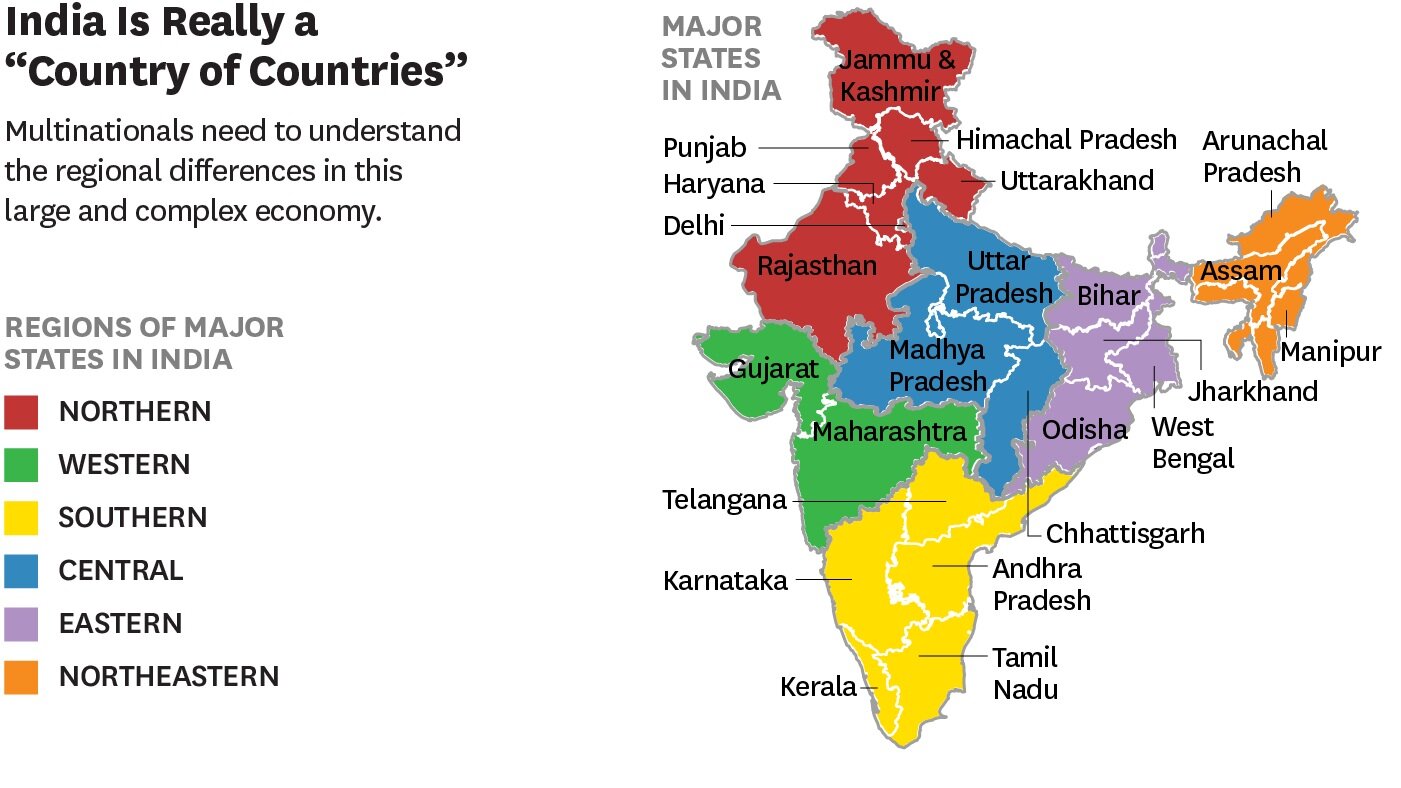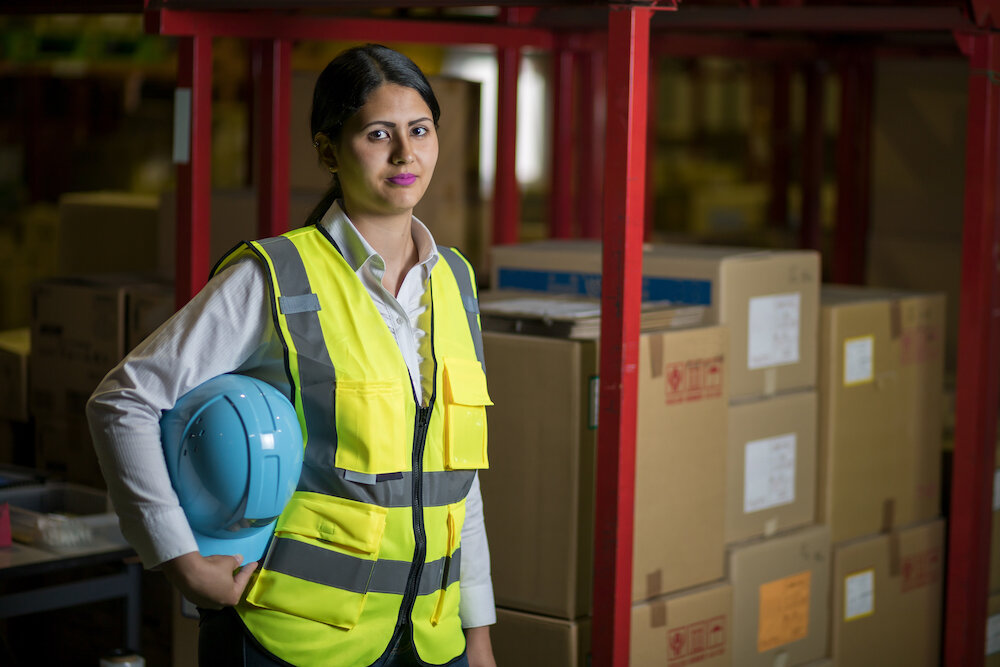German wholesaler METRO, known in the Netherlands for Makro, has set up 27 branches in India in 17 years. In addition, METRO is initiator of a special program that modernizes local neighborhood supermarkets, kiranas, in order to survive competition with the big chains and e-commerce platforms. "Our first steps into the Indian market did not go very smoothly at all," explains Mark Alexander Friedrich, Head of International Affairs for METRO. "We had considerably underestimated the differences with Europe and our concept did not quite fit in with the Indian market."
A modernized Kirana by METRO
Mark Alexander Friedrich - Head of International Affairs for METRO
METRO began its India adventure optimistically, when the company was the first foreign wholesaler to enter the market in 2003. "We saw a huge potential for our concept in India, specifically because the middle class in the country is growing so fast, and decided to take the plunge for that reason. But we hadn't taken into account the large regional differences in the country, the obstacles in the supply chains and the challenges in terms of infrastructure. In addition, the Indian government was concerned that we might pose a threat to the small supermarkets in the country. So we quickly came to the conclusion that we needed to prove that we were going to support the small independent stores, not undermine them, by investing heavily in them. Only by helping our partners grow could we ourselves become successful in India."
Building your own Indian supply chain
One of the first steps METRO took was to adjust the offerings in its various stores. "We focused in our early years on opening stores in different Indian states, says Friedrich. "That involved a carefully curated assortment, as customer demand varies considerably from region to region and people like to buy local. We therefore had to expand our list of suppliers in a short period of time."
Here, too, METRO was faced with a different system than we know in Europe. "Farmers here are used to selling their produce to a middleman, who then resells it to different stores and supermarkets. But that often does not improve the quality. Since we have the hospitality industry and other large companies as customers, we want to make sure we can offer the best of the best, and that means taking matters into your own hands."
The company started special collection centers where farmers themselves could sell their produce to wholesalers. "We now have 5 of these centers in 4 different states and it makes a significant difference in the quality and freshness of the fruits and vegetables that are in our stores," Friedrich explains. "It is also a better deal for the farmers, they earn more from their produce because there is no longer a middleman and they have our payment in the same day."
Still, farmers had to get used to METRO's methods at first. "It took a while for the influx to get going properly. The farmers were used to working with specific middlemen and didn't want to let go of that right away to engage with us. But once one or two farmers joined us and the rest of the community saw for themselves the benefits of working together, they were converted. Indians can adapt at lightning speed."
One of the 27 METRO stores in India, this branch is in Ahmedabad
Strong Indian partners are key to success
At the same time, METRO had to convince the Indian government that they didn't want to dominate the Indian market and thereby shut out all the local convenience stores, the kiranas. "Besides the hospitality industry, the kiranas are one of the three most important customers for METRO in India," Friedrich says. "We therefore have absolutely no interest in pricing them out of the market. As with our suppliers, we started looking for ways to support them and make their operations more efficient."
Meanwhile, with the "Smart Kirana" program, the company has already modernized some 2,000 kiranas in various ways. "We remodel the stores so that they have a more modern look and feel and consumers can see the products better, but also help with digitalization of accounting, inventory and payments. Thus, these neighborhood grocery stores are better adapted to the rapid digitization of Indian life."
According to Friedrich, these initiatives have allowed METRO to prove to the Indian government that they do what they promise. "Through these initiatives we have been able to build a good relationship with the Indian government over the years. Society and certainly politics in India is very hierarchical, so you don't just suddenly sit down with everyone. The local politicians are very involved in their constituencies and know what's going on, so they heard about our initiatives and how they positively influenced the communities. Of course, as politicians they wanted to be part of that and that opened the door for us."
Without e-commerce branch, you don't compete in India
Meanwhile, the company is an established name in India with over a million customers and focuses on the changing needs of the Indian consumer. "In India, you can't make a long term plan for the next ten years. Developments in this country are so rapid and we have learned to adapt to that as a company," Friedrich says. "Many of our current customers are busy entrepreneurs who want tasks such as sourcing products for their company to take up less time. To meet this desire, we built an e-commerce platform, which has been in successful use for almost a year now."
Setting up METRO's e-commerce platform in India went very smoothly. "We are not affected by strict legislation because we do not sell directly to the end customer," Friedrich explains.
In fact, currently in India it is not allowed to sell online b2c as a foreign company. Nevertheless, Friedrich recommends every sales company in India to have an online presence. "We see that the omnichannel approach is very successful in India. So give your Indian customers the option to already be able to browse the products online and then make the actual purchase in the physical store. So we introduced our new app 'METRO Wholesale', which allows our customers to order anytime, anywhere. They then pick up their groceries at one of our locations. It shows that if you can't be found online in India, you are out of the game."
The guide to setting up successful sales in India
In this free guide we offer you insight into the steps that you need to take to successfully start and grow your sales in India. From preparing your first export shipment to India to setting up a solid after sales service.






